Stakeholders including the food industry, politicians and health campaigners met in London last week to discuss ‘the ongoing sugar challenge’.
Hosted by Sugarwise, an organisation that validates low sugar and sugar-free food and drink products with a kite mark on packaging, attendees came from across the food industry as well as the Department of Health, Public Health England (PHE), and the Food and Drink Federation (FDF).
“I would like to shift the focus of the debate to positive measures that can be taken on sugar reduction,” said Sugarwise founder Rend Platings before the event.
Diabetes increasing
The meeting followed the revelation in a recent BBC Panorama programme that an increasing number of children are being diagnosed with Type 2 diabetes due to poor diet.
Platings added: “This is not a future I will accept for my child. I’d like to get people’s heads together on all sides of the debate to work out what our steps will be.”
In August, the government published its long-awaited strategy ‘Childhood Obesity: A Plan for Action’, which has called on manufacturers in some food categories – including bakery – to cut the amount of sugar in their products by 20% by 2020.
Among the plans – which include the previously announced sugar tax on soft drinks and efforts to make young children more active – is “a broad, structured sugar reduction program to remove sugar from the products children eat most”.
‘More to obesity than sugar’
At this week’s Sugarwide discussion – held at the Palace of Westminster – Jenny Rosborough of campaign group Action on Sugar said: “There’s more to obesity than just sugar, but it’s a popular topic at present and a good vehicle for discussion [of health in general]”.
Action on Sugar believes imposing voluntary measures on food manufacturers is not effective.
The discussion was chaired by Keith Vaz MP, chair of the All-Party Parliamentary Group for Diabetes, who said: “Retailers, consumers and manufacturers all have a responsibility to take action on this matter.”
Tam Fry of the National Obesity Forum was critical of governments (past and present) for not doing enough in the forum’s 20-year history, adding that labelling changes were an important consideration.
He also pointed out that products will no longer be bound by EU guidelines following Brexit. One attendee added that manufacturers will still be hoping to sell to European consumers, however, binding them to EU legislation to some extent.
Sugarwise solution?
Platings called for lower-sugar options to be more visible – in a similar vein to Fairtrade and vegetarian products – describing the Sugarwise kite mark as a “third-party way of determining sugar information, validating the manufacturer’s data”.
But Rosborough suggested: “Only people who are healthy and engaged are looking at health labels in the first place.”





















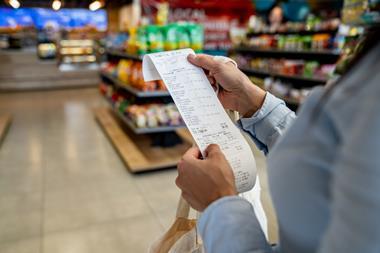


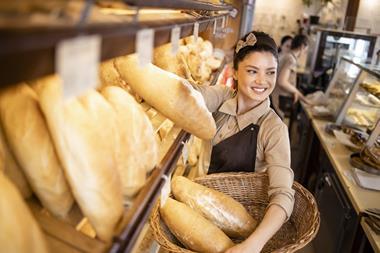
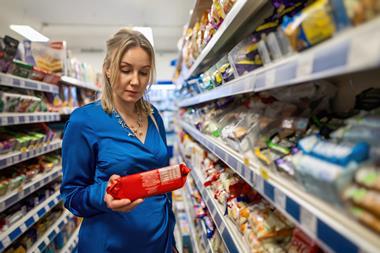


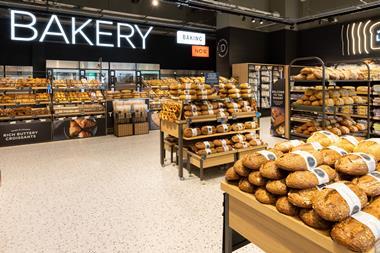
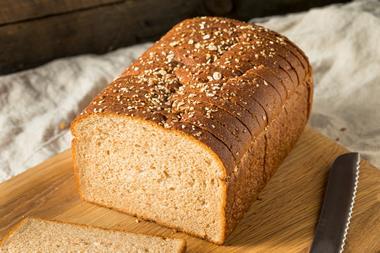
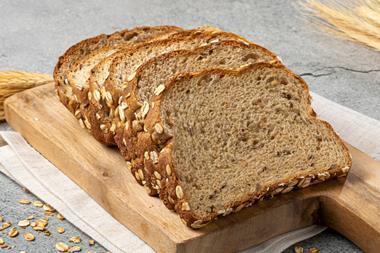

No comments yet